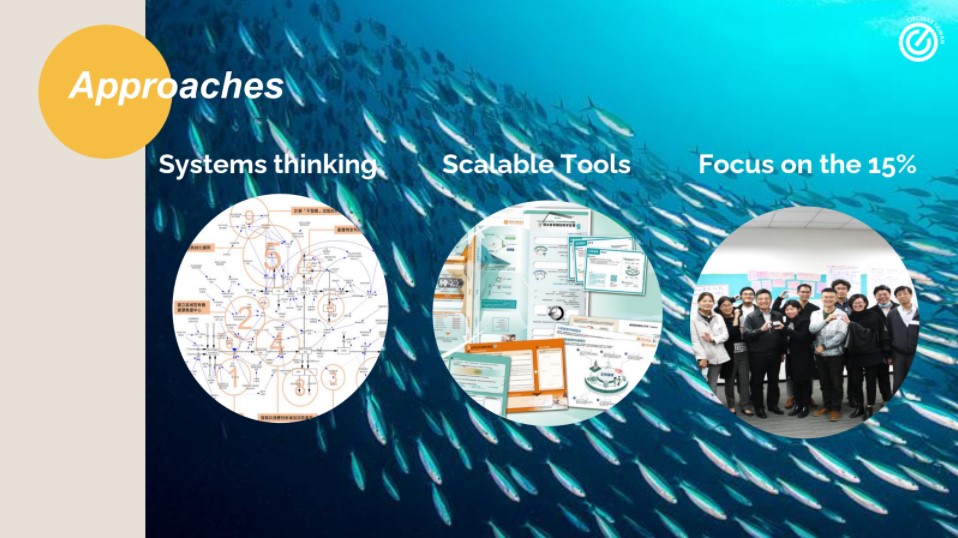In early March, CTN’s CEO Shadow Chen attended the 5th Circular Economy Stakeholder Conference (ECESP), sharing CTN’s experience in driving the circular economy transition in Taiwan. In the workshop “Network Governance and Circular Economy Hubs”, panelists and participants, including individuals and organizations from the Netherlands, Ireland, Slovakia, and other countries, discussed how the networks can power the circular economy.
Circular economy is a systematic and high complexity practice. “No company, no organization can realize the circular economy alone,” Prof. Jacqueline Cramer, the former Dutch Minister of Housing, Spatial and Planning and Environment, asserted. Traditional top-down style public governance is not the most suitable approach anymore, we need a more distributed, networked governance structure to accelerate the circular economy springing up all over. To make this happen, individuals or organizations as “transition brokers” are critical in making sure that the different parties of different stakes can be aligned. Prof. Cramer interviewed 16 global change-makers, and was impressed by what CTN has been doing.
CTN’s CEO Shadow Chen pointed out that: “Taiwan is in a unique position for the circular economy. We are well connected to the global supply chain, and have exported billions of essential industrial and consumer ICT products to the world in the past 30 years. Taiwan is also a small, crowded island with quite limited natural resources, so we have developed sophisticated ways to deal with wastes. However, there is still a long way to go to transit from the waste management mindset to circularity. As a “transition broker”, CTN has used the system dynamic approach to find out the hotspot of the system, and try to find out the leverage point. We also develop a scalable workshop as a tool for capacity building among different stakeholders, and focus on the “15% strategy.”

People realized that the transition from linear to circular economy is a long journey. Human beings’ behaviors would not change overnight, and it’s too challenging to involve all the stakeholders on board at once. However, this could not be the reason for inaction. “Have you been scuba-diving or snorkeling?” Chen asked the participants. Then she shared the observations that when a swarm of fish wants to change their direction, not all the fish change together. “Just 10-15% of them change their way, and the rest of them follow.” We learn from nature, and try to work on the 15% passionate and willing-to-change companies, departments and individuals, instead of changing the whole system in the beginning. That is CTN’s core strategy.
With our unique position and experience, Taiwan is willing to be one of the 15% leading “swarm of fish” of the world, initiating the circular collaboration dialogue and practices.
Read more about Prof. Cramer and her report:
During 2022 ECESP, Prof. Cramer officially launched her new book ‘Building a circular future; ten takeaways for global change makers’, which is based on the previous book 'How network governance powers the circular economy ’ and her latest insights.
She pointed out that the promotion of a circular economy needs to consider both the political and cultural side of each country. However, the determination and leadership of the government, the participation of the industry, and the willingness of all walks of life to embrace network-based governance are the keys to effective governance in the circular economy.
